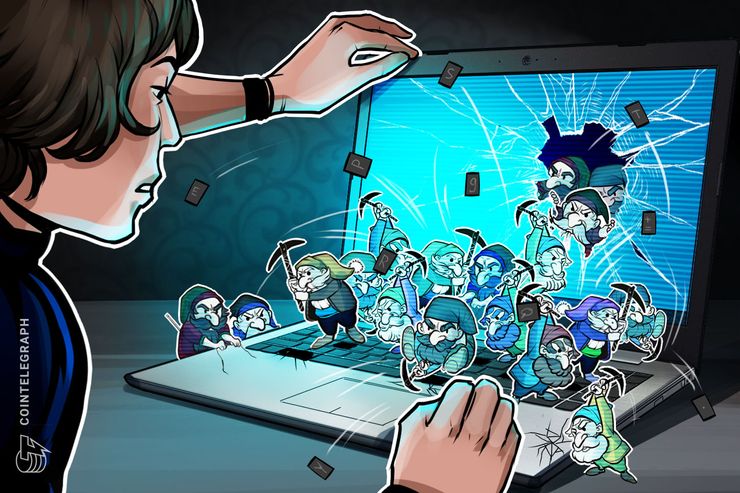Cryptojacking, the unauthorized use of another’s hardware to mine cryptocurrency, has become the biggest cyber threat in many parts of the world, Bloomberg reported Dec. 14.
According to research from cyber security research firm Kaspersky Lab, cryptojacking overtook ransomware as the biggest cybersecurity threat particularly in the Middle East, Turkey, and Africa. In Afghanistan and Ethiopia over one out of four detected malware are cryptocurrency miners, according to Kaspersky’s data.
As cited by the Bloomberg, Kaspersky’s research “shows crypto mining attacks have risen almost fourfold in the region, from 3.5 million in 2017 to 13 million this year.” The cybersecurity firm reportedly also claimed that cryptojacking incidents are “likely to continue given the increased use of digital currencies.”






















